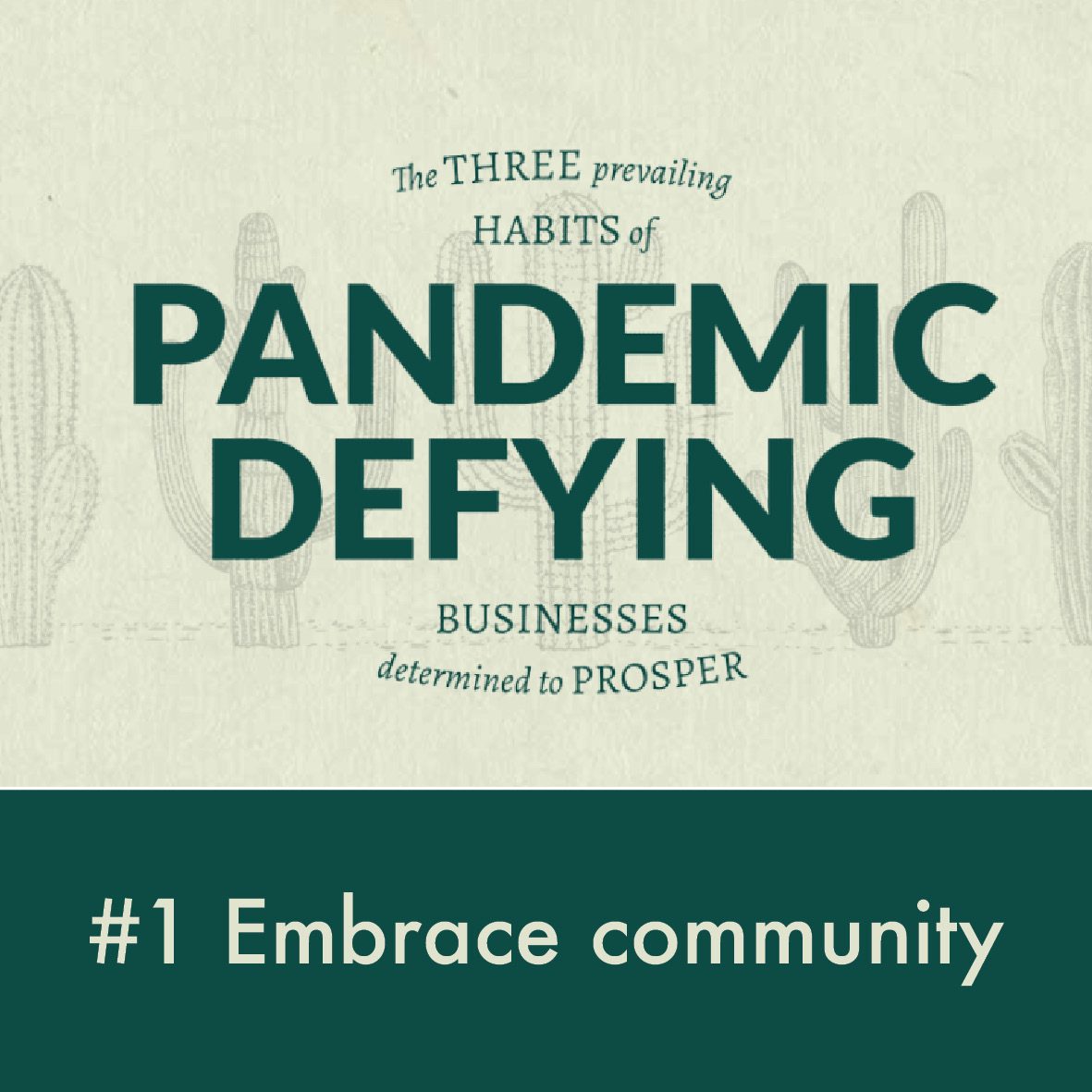Article from Nettl

Even the most acclaimed tasseographer would admit it’s a little early to gauge the full economic impact of the global covid outbreak. But we can confidently say the effect on trade has been substantial. Quite likely the most challenging circumstances many current business owners will have ever experienced.

Some will have been hit harder than others. ‘Non-essential’ retail, leisure and tourism, events and hospitality: The sectors that appear to have been affected the most severely, for the longest period of time. Others, such as local and professional service providers, have weathered the storm a little better, proving resilient in uncertain times. A benefactor of their workplace environment, or necessity.
Everyone will have needed to adapt of course. But according to Yelp, most local service providers tend to find a way to push through the crisis. Especially plumbers, despite search terms related to unblocking a toilet rather comically up 400%.
Elsewhere, some industries appear to be made for this situation. Major players in software, home improvement, medical supplies, home-cooking subscriptions, gaming, home entertainment, lip-syncing video-sharing social apps…just to rattle off a few.
For a comprehensive list of the corporate giants making the big gains, check out this report of stock market winners. If you can stomach it.
But what can we find that’s beyond circumstance?
Bridging industries, regardless of product or service offered?
What are the attitudes that stay-afloat businesses have adopted? What are the strategies any business can implement? Many have nimbly adapted to not just see the pandemic through, but even dare to thrive.
In a time when hugs are out of the question, let’s look at 3 of the common habits successful businesses and organisations during his time have embraced…
1. Community
2. Virtual presence
3. E-commerce
Nothing epitomises these factors more eloquently than the plight of a church today. This article writes in detail about how the pandemic has affected American churches in different ways. The author highlights a great divide that perhaps mirrors the wider landscape.
Specifically, organisations that have gotten ahead digitally have nurtured their community and continued to oil economic wheels. In contrast, groups more reliant on traditional methods have struggled to cope. A microcosm for how each and every business and organisation has also coped (or failed to).
#1 Embrace community
At the heart of every church is its community. Gatherings, service, places of worship. All clearly affected by attendance. Depending on where you are in the world, there could be restrictions on groups getting together. But you will always find people reluctant to meet in person, due to fear, responsibility or a combination of the two.
No pastor wants to deliver his sermon via zoom. Even if they are tempted by the cat filter. But for many, it has become the only way to survive, whilst showing ‘love for thy neighbour’. The road to digital has been easier for some churches than others. Well funded larger churches have been quick to adopt new processes. Progressive church groups with perhaps a younger demographic have already been publishing their content online for around a decade. But some more remote, smaller or traditional groups remain either less keen on the idea or simply lack the resources.
Similar examples can be found in the world of business. Local businesses and brands with a strong digital presence are the ones staying top of mind throughout tough times. Growing awareness and brand loyalty even when doors are closed. Business groups and local towns have even come together to support each other. Like poet John Donne almost said, ’no business is an island’.
If you’re interested to see how local entrepreneurs have used support sites to bring the business community together, have a gander at this article on driving local sales.
Tomorrow –
